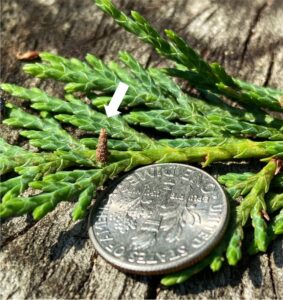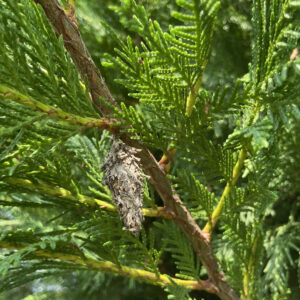Spotted Lanternfly nymphs will be emerging now through the first week of May for Southern and Central New Jersey – reduce their population early in the nursery industry!
Two important notes:
- Through conversations with nursery operators, state inspectors (NJDOA), and internal agent communications SLF hatch has begun, which indicates a critical time to knock down nymph populations with CONTACT insecticides.
- The entire state of New Jersey is now within the SLF QUARANTINE!
- This means:SLF Training Permits for hang-tags (click here)are required for each company driver who delivers your plants out-of-state. This training is relatively simple and you can also obtain Training materials to educate your employees (click here)
More information:
- We compiled this graphic to be used in a future homeowner-based SLF Factsheet, but it does provide a good general overview of where and what to expect when looking for this pest on your nursery. (Click here) Spotted lanternfly Life Stages, Where to Look, and Homeowner Management CHART
- (Click here) More information from last year’s first SLF posting
- (Click here) New Jersey Department of Agriculture – SLF Page with mention of “All New Jersey counties are now quarantined”
 .
. 
